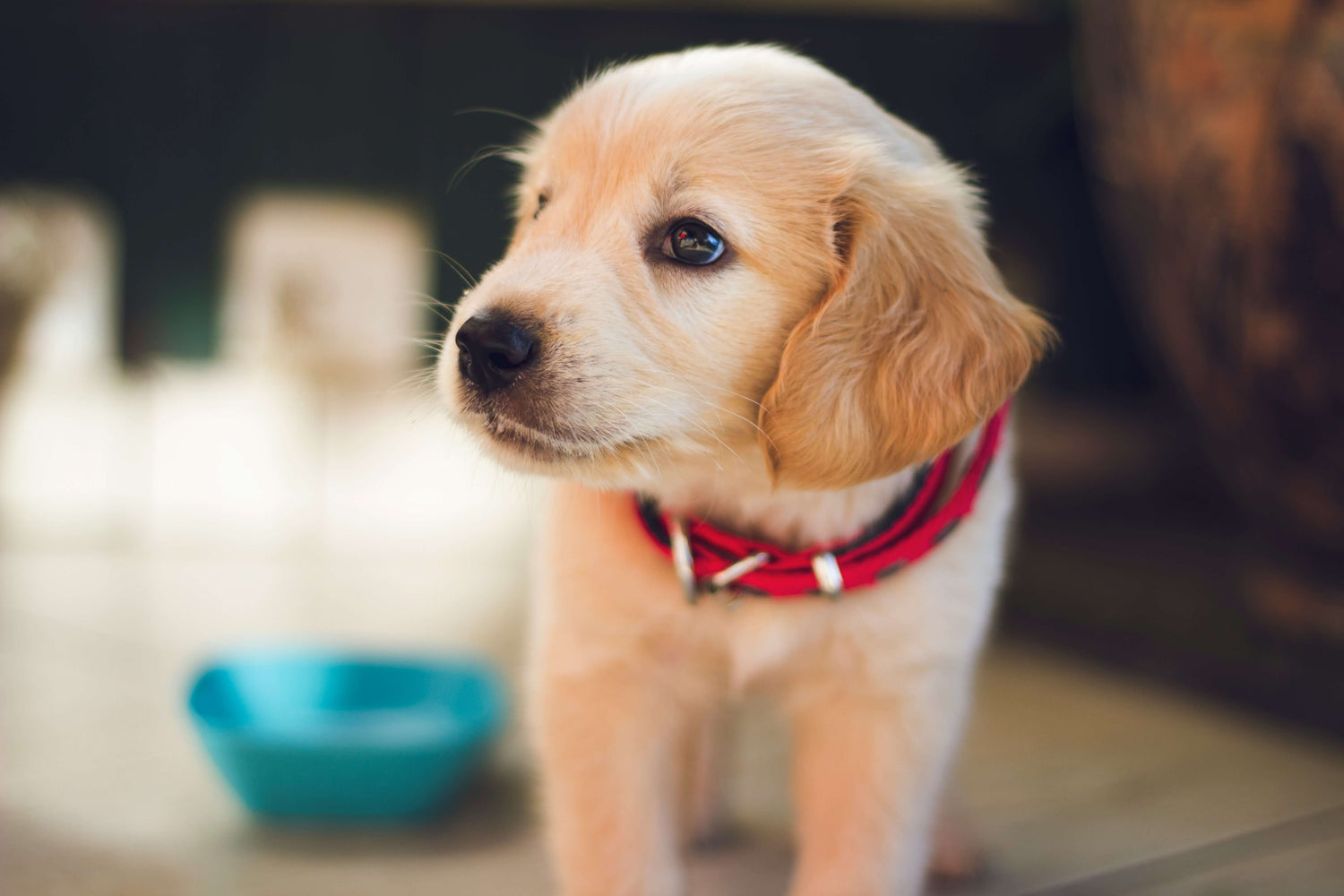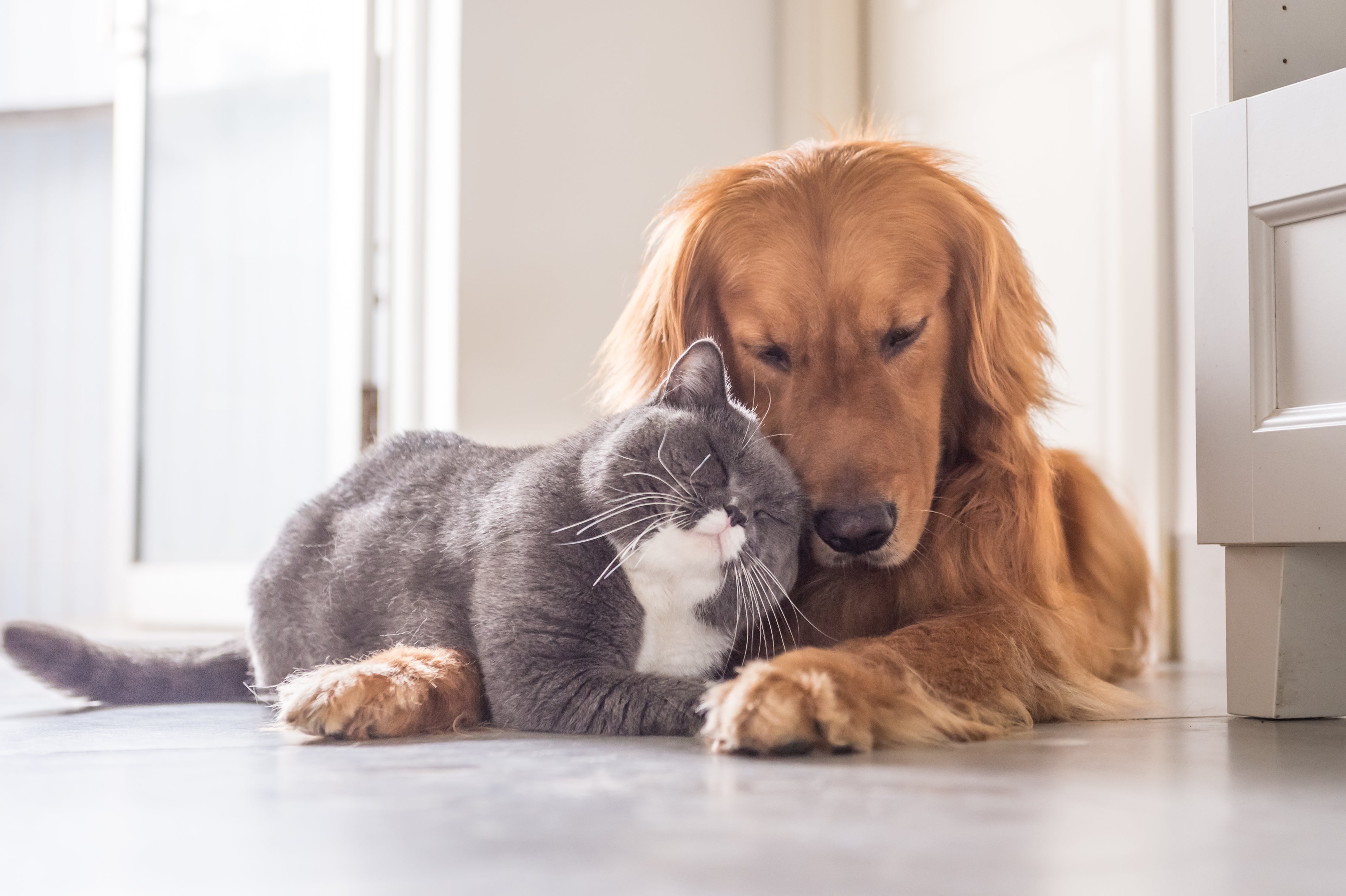
It’s a huge change to introduce a puppy into your life, particularly if it’s your first one – prepare for good and bad days! To help with these responsibilities, we’ve put together a new puppy checklist, taking a look at what we need to consider when starting out together.
Finding the right puppy
Taking enough time out to find the right puppy for your family is top of the list. It can be useful to draw up a list of the amount of time you can all give to your dog beforehand, understanding when and how often you plan to exercise them, how often they need feeding, how often will they be alone during the day, what ailments are common and how much are vets bills likely to cost for them.
All of these factors are relevant when finding the perfect pup for our families, either from a breeder or a rescue centre. The Kennel Club offers helpful advice on breeds and cross breeds, so you can match your needs to those of your future pup.
Puppy breeders
In 2020 it became law that all puppies have to be sold by their puppy breeders, from the place that they were born with their mum. To make sure you are not buying from a puppy farm, it’s important you ask to see the puppy’s mother and if possible, their father too. It also gives you a chance to see a puppy interacting with their parents and assess temperament. If a puppy was not raised within the breeder’s house, ask to visit the kennels. If you suspect the conditions are not right, then don’t buy the puppy. It's ok for you to ask if you can return the puppy if things don’t work out. Responsible and reputable breeders will always say yes.
The RSPCA have a useful guide to spotting puppy dealers online and it’s well worth checking it out before you contact an advertiser.
Preparation
Puppy-proofing your house is an important consideration prior to your dog’s arrival. Tape off any electrical cords and remove food and household chemicals from accessible cupboards. Remove plants, rugs and breakables from areas where your pet will roam and think about getting baby gates if you wish to restrict your dog’s movement between rooms. Once you think you’ve considered everything, lie on the floor to give yourself a dog’s eye view and look around again to see if there’s anything you’ve overlooked. Don’t forget the garden too, make it safe and secure fences to avoid any Houdini acts!
Collection & Comfort
Take a comfortable dog carrier, thick blanket, water and food if you’re taking a long journey to collect your new pet. On your return it’s worth remembering that removing a puppy from its litter and the only environment it has ever known, is likely to make it nervous. Bring comfort to your little one by:
• Scheduling plenty of comfort breaks and taking spare bedding – puppies tend to wee when nervous or excited
• Minimising exposure to loud noises
• Stopping people from handling the pup too much if it’s nervous
• Keeping the dog carrier and car well ventilated
• Ensure you sit quietly and comfort your dog it if shows signs of distress, such as whining
Micro-chipping
According to Dogs Trust, nearly 70,000 stray dogs were picked up in the UK last year. In a bid to beat the problem, micro-chipping has become a legal requirement and carries a fine of up to £500 for those who fail to register a dog over 8 weeks old. Getting your puppy or dog chipped will likely result in its speedy return, reducing stress for your pet and you if they go missing. Don’t forget to book your appointment ahead of time.
Eating
During the first six months of their lives, a puppy’s nutritional needs change very quickly, so it’s wise to ask your vet or breeder for their advice on what to feed them. Most puppies will start eating solid food from about four weeks, though this may need to be moistened to the point of feeling quite spongy. Some experts recommend softening meals until dogs reach around eight weeks. Your local pet store will have a good choice of specially made puppy foods. These are specially formulated to give your growing puppy all the daily nutrition that they need to grow strong and healthy.
Designate an area for feeding with enough room for your pet to manoeuvre, also ensuring they have access to clean water at all times.

Sleeping
Give your puppy a space they can call their own, a safe place they can go to and not be disturbed (particularly if small children are in the house – pups need to be left alone to rest). A nice warm bed for sleeping will help your puppy quickly adjust to their new home and may remove the temptation for them to hop up on your couch when they need to rest.
Play time
There’s nothing better than play time with a puppy, watching the sheer joy they have as they tussle with a favourite toy. Every day is a new adventure as they learn about the world, so to avoid trainer destruction or furniture and pillow explosions, it can be helpful to get them toys to play with and potentially rip up!
Socialising
Important learning and development takes place from birth to 16 weeks of age, when your dog starts getting used to different noises, environments, meeting other canines and people. To ensure they don’t develop any problematic behavioural issues it’s worth adopting a socialisation plan. Both the Kennel Club and Dogs Trust recommend www.thepuppyplan.com as an ideal prep. Don’t forget, if you’re likely to be out of the house for more than 4 hours at a time, you will need to build up to this amount slowly over time and may want to consider Doggy Day Care options ahead of their arrival.
Neutering
It’s not likely to top many people’s priority list but full consideration should be given to neutering, if you don’t want to run the risk of a house full of puppies. As a rule of thumb, the six-month mark is the earliest you can take action to stop your dog reproducing. Guidelines vary by breed though, so it’s best to ask your vet for their opinion and start planning sooner rather than later.



